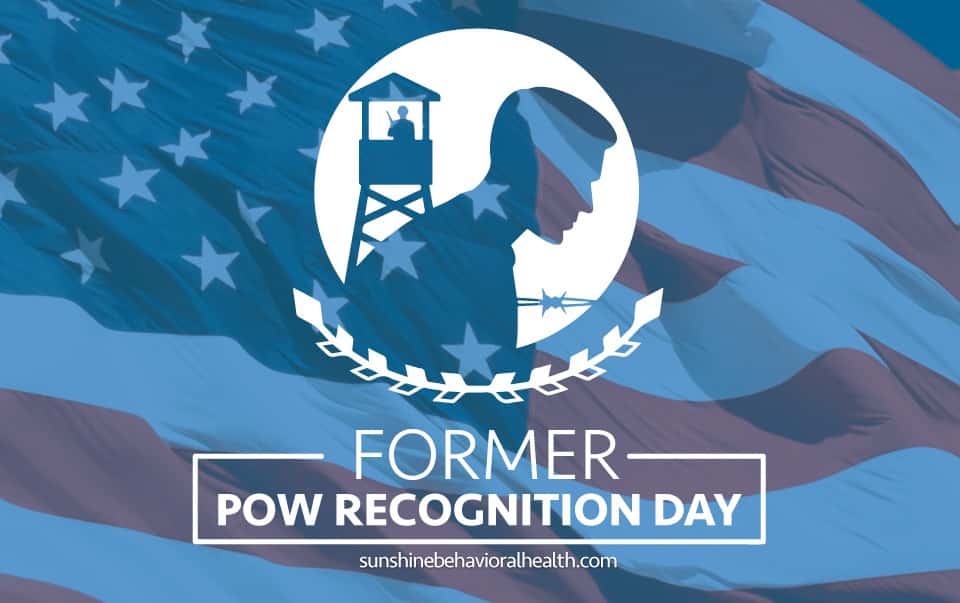
Former POWs Have More PTSD, Substance Abuse
Even though the United States hasn’t been involved in an according-to-Hoyle declared war since World War II, we’ve put enough military personnel in harm’s way that we had a prisoner of war (POW) as recently as 2014. And nearly 30,000 from dating back to World War I are still alive. To honor them and the memory of more than 100,000 other late POWs, April 9 is Former POW Recognition Day (not to be confused with National POW/MIA Recognition Day, September 18). According to an undated statement on the We Honor Veterans website, 29,350 Americans formerly imprisoned as prisoners of war (POWs) since World War I are still alive. There’s no mention of how many of them have post-traumatic stress disorder (PTSD) and/or a substance use disorder, but it could be a significant number. In one study of American POWs, 67% had PTSD in their lifetime. According to the Department of Veterans Affairs (VA), 20% of all veterans with PTSD also have a substance use disorder (SUD). A third of vets with SUD—or at least the ones seeking treatment for it—also have PTSD. Symptoms of PTSD include:- Unwanted memories or nightmares of and flashbacks to the traumatic event
- Avoidance of thoughts or places associated with the traumatic event
- Negative thoughts, feeling hopeless or numb, memory loss
- Trouble sleeping or concentrating, feeling guilt or shame, drinking abusively, reckless behavior
A Message From Our CEO
Medical disclaimer:
Sunshine Behavioral Health strives to help people who are facing substance abuse, addiction, mental health disorders, or a combination of these conditions. It does this by providing compassionate care and evidence-based content that addresses health, treatment, and recovery.
Licensed medical professionals review material we publish on our site. The material is not a substitute for qualified medical diagnoses, treatment, or advice. It should not be used to replace the suggestions of your personal physician or other health care professionals.




